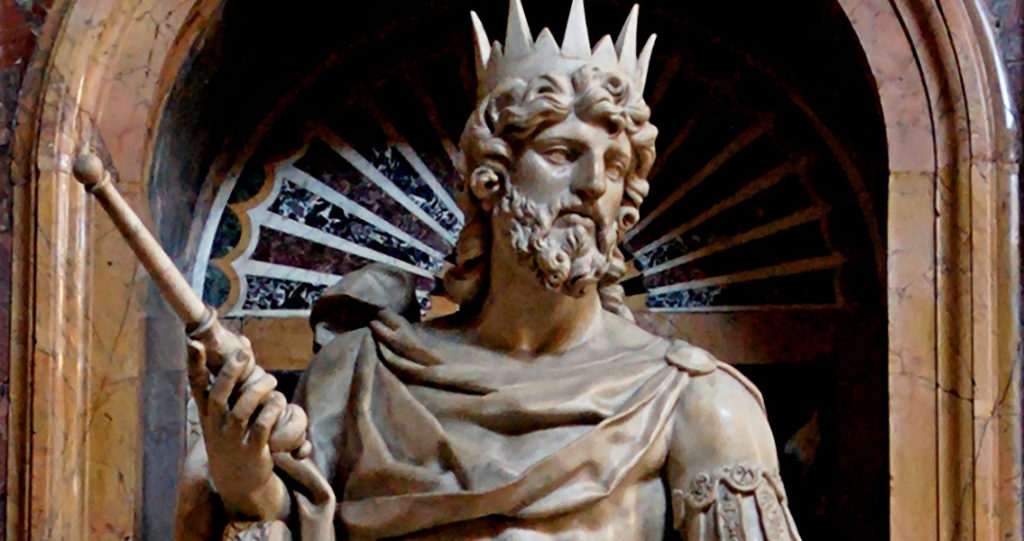
Today’s Reading: Matthew 5:33-37, Psalm 64
Good Morning! I’m so happy to be with you again Monday morning readers. This week, we continue our study of the Sermon on the Mount. Today’s reading focuses on oaths. When I think of the word “oath” I think of serious situations like testifying in court or taking an oath of office. In our society we view an oath as a promise to tell the truth, a promise to do no harm or a promise to do our best to protect people. When Jesus gave the Sermon on the Mount sometime around 60 AD, an oath not only implied keeping one’s promise but also had significant spiritual implications. Jesus is emphasizing the importance of telling the truth. Keeping our word or oath is one of the few forms of earthly currency we have. It builds trust and makes committed human relationships possible. Jesus’ teaching on oaths has three distinct facets:
- You must keep your promises to God. Back in 60 AD, Jews avoided using God’s personal name when taking an oath. Instead they would use a reverent sounding substitution in order to appear sincere. How often do we as Christians make a promises in the name of God whether in church, at small group or in our community. The Bible condemns making vows or taking oaths casually when you know you aren’t fully committed to keeping your word.
- Jesus tells us not to take oaths at all. This seems counterintuitive, but Jesus’ message is that our word should be enough. He encourages us to act with integrity in all areas of our life. When we do so, we can be our authentic selves and therefore do not have to make promises in order to redeem trust. If we tell the truth all the time, we will have less pressure to back up our words with an oath or promise.
- Do not swear by your head. What Jesus means is that we do not have the authority to create or destroy things over which God has authority. Swearing against God aligns us with the enemy. Just as he attempted to assume God’s position, so do we when we attempt to sit on a false throne.
Oaths are needed today because we live in a sinful society. Trust is a powerful element of our ability to interact as sinners. Psalm 64 says:
Hide me from the secret plots of the wicked, from the throng of evildoers, who whet their tongues like swords, who aim bitter words like arrows,shooting from ambush at the blameless, shooting at him suddenly and without fear. They hold fast to their evil purpose; they talk of laying snares secretly thinking, “Who can see them?” They search out injustice, saying, “We have accomplished a diligent search.” For the inward mind and heart of a man are deep. (Psalm 64:2-6)
Jesus calls us to be genuine in our pursuit of honesty and personal integrity. He asks us to keep our promises to God and ask for forgiveness when we fail. The grace in this lesson is that God always keeps his promises to us, no matter how many times we fall.
Peace and blessings this week




 Today’s Reading :
Today’s Reading : 

